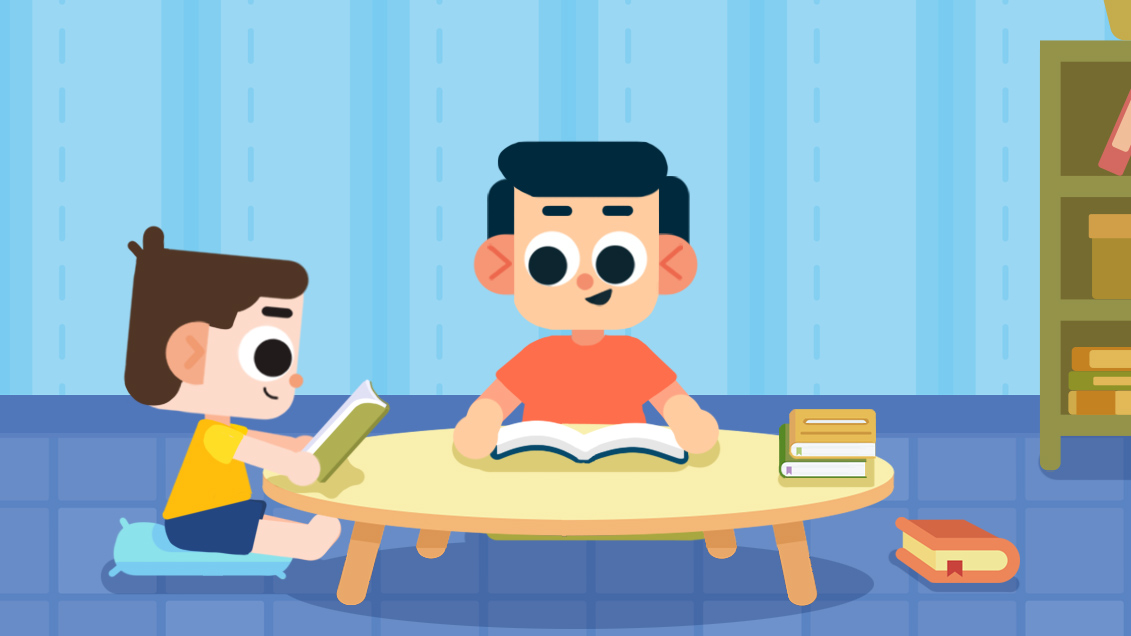Learning for Life - It Starts With You
by Thomas, Jun 22 2022
Many parents want to send their children to the best schools, extracurriculars, and even tutoring. But it's important to remember that you are the most important teacher in your child's life, and that learning doesn't begin or end in the classroom. Every child is a tabula rasa, a blank slate, and the behavior of their parents is like a paintbrush. Our children are always watching and listening, looking to us as a model for how to interact with the new and unfamiliar world around them.
1. Person to Person, Eye to Eye
Does your child hide behind you when strangers pass by? It's common even for extroverted kids to feel intimidated by adults - they're big and scary when you're only knee high! You can help draw your child out of their shell by modeling for them that there's nothing to be afraid of when your neighbor says hello or the cashier at the grocery store asks how you're doing. As they watch how you handle each situation, they'll try it for themselves if given the chance. Instead of telling them, 'Say hello!' try asking, 'Would you like to say hello?' Be sure to praise them when they do; tell them they're very brave, and give them a big hug.
2. The World Around Us
Remember, children don't have a built-in idea of how things ought to be done. They look to you first and foremost to learn those things. Have you tossed a wrapper at a trashcan, missed, and let it lay on the grass? Do you take your laundry straight from the dryer, fold it, and put it away? These examples set the tone for your child without you ever having to say a word about it.
3. The Wonder of Reading
The habit of reading is truly a gift. Some children are fussy about it at first - they may prefer to play than read, so what can you do about that? Like many other subjects, it's best to make reading fun. Integrate reading, books, and stories into positive moments you can share together: as a reward for good behavior, or as part of your weekly routine.
After doing housework, grab a book for you and a book for them; at first, you may find that while you are reading, your child will still be playing next to you, but be persistent. You might discover that, one day, while you are reading, they'll grab their book and join you. Your example will prompt them to take the initiative, to pick up the book more and more often, and slowly read for longer and longer.

Of course, reading together and bedtime stories go hand in hand. It's been scientifically proven that reading the same stories over and over with and to your child are good ways for them to develop their own reading skills; and there's no price you can put on these shared moments with your child.
